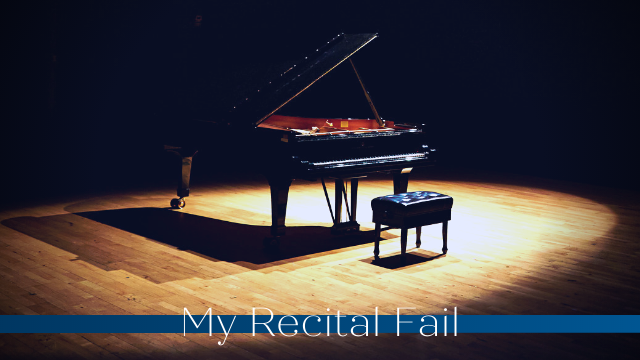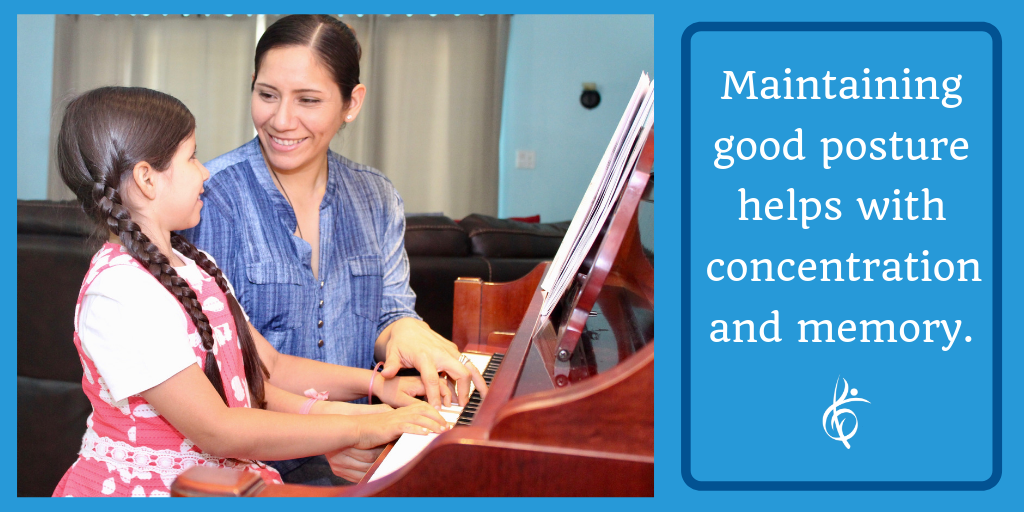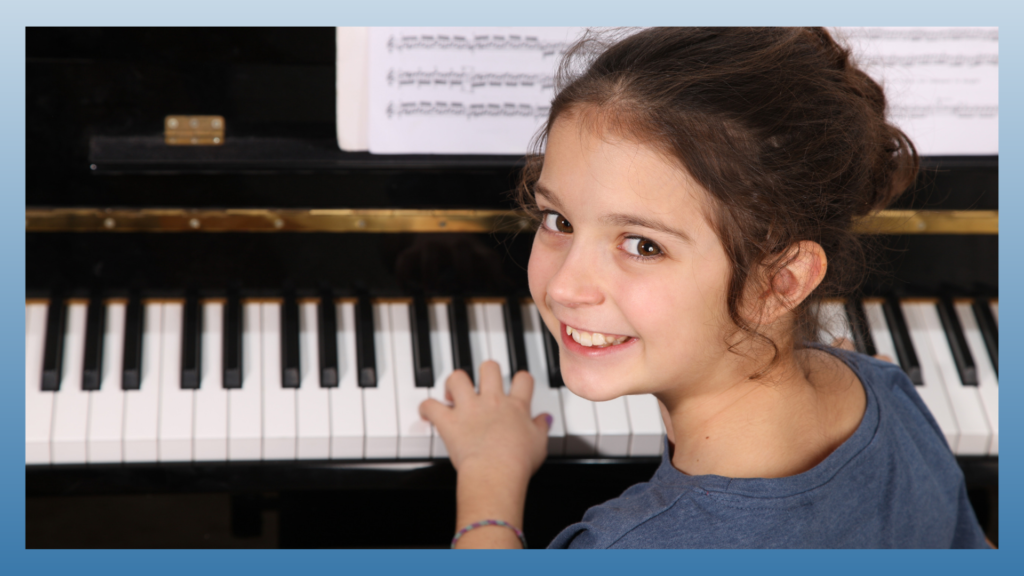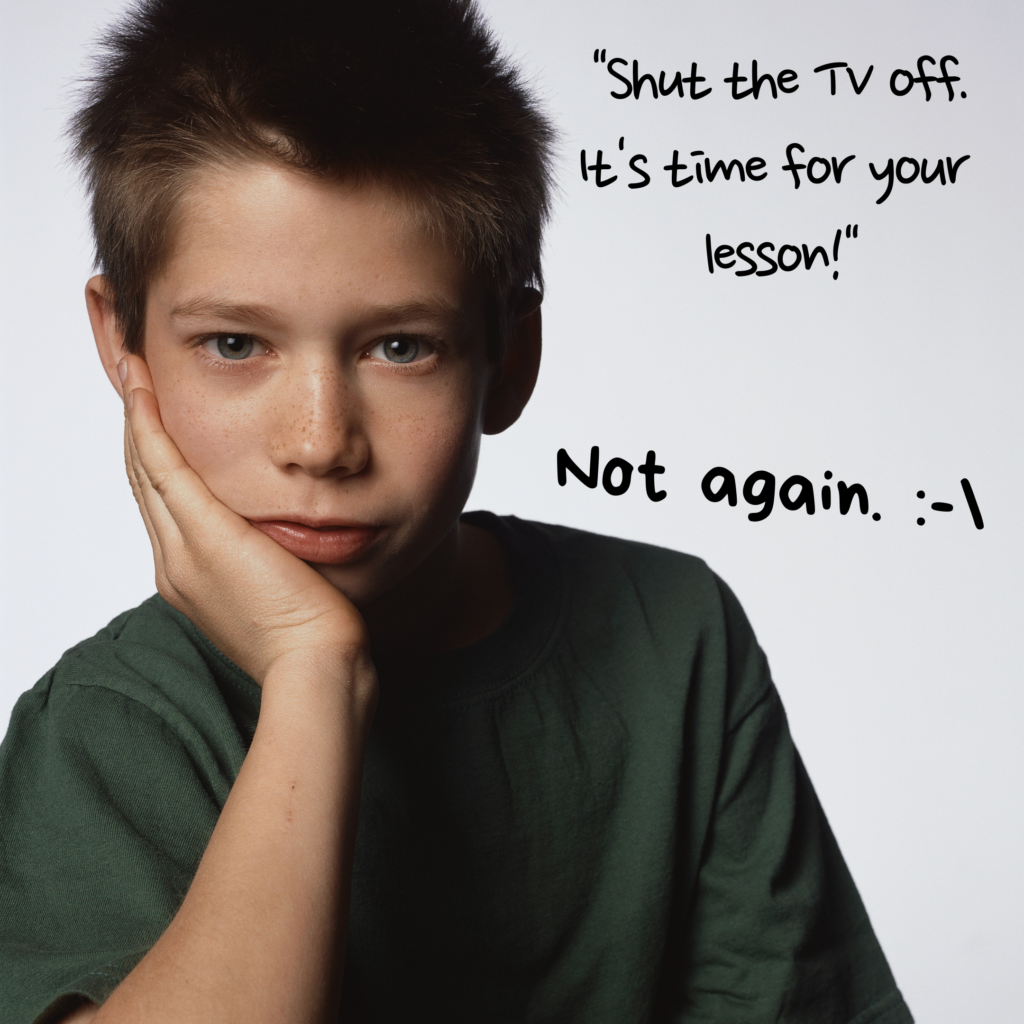
Don’t make music lessons the bad guy.
Are you struggling to keep your child interested in lessons? We’ve all read those articles about how important to development musical training can be. As parents, we want to give our children the best opportunities to succeed, but if they are not interested, they will not accomplish.
Let’s cut to the chase. So here are five ways to help your child gain some interest in music lessons:
1. Don’t make the lesson the bad guy. That’s right. Don’t pull him out of the pool during a summer afternoon because his piano teacher showed up. Don’t turn the TV off because he finished his homework early and has a few minutes to watch Unspeakable Gamer. Doing that will make him hate his lessons. Trust me. I was a young piano student once, too.
Instead, don’t allow him to go into the pool or watch TV until after the lesson. Use the lessons as a way to reward him later not as a punishment.
2. Keep Music Day as Music Day Only. If his teacher visits once a week, he’ll probably be expected to practice two or three times a week. Don’t schedule music practice the same day as soccer or baseball practice. Keep one activity a day, and that includes practice. After soccer or baseball, he’s going to shower, have dinner, finish his homework…. and practice his instrument? That feels like a lot.
3. Make adequate practice time. Aim for an hour a week for beginners and 90 minutes for more advanced students. This is only 20 to 30 minutes three times a week. This gives the child enough time to get in a good frame of mind, to catch onto patterns in the music, to remember things he learned during lesson. Ten minutes is fine for a 4 year old, but a 7 year old can play much longer.
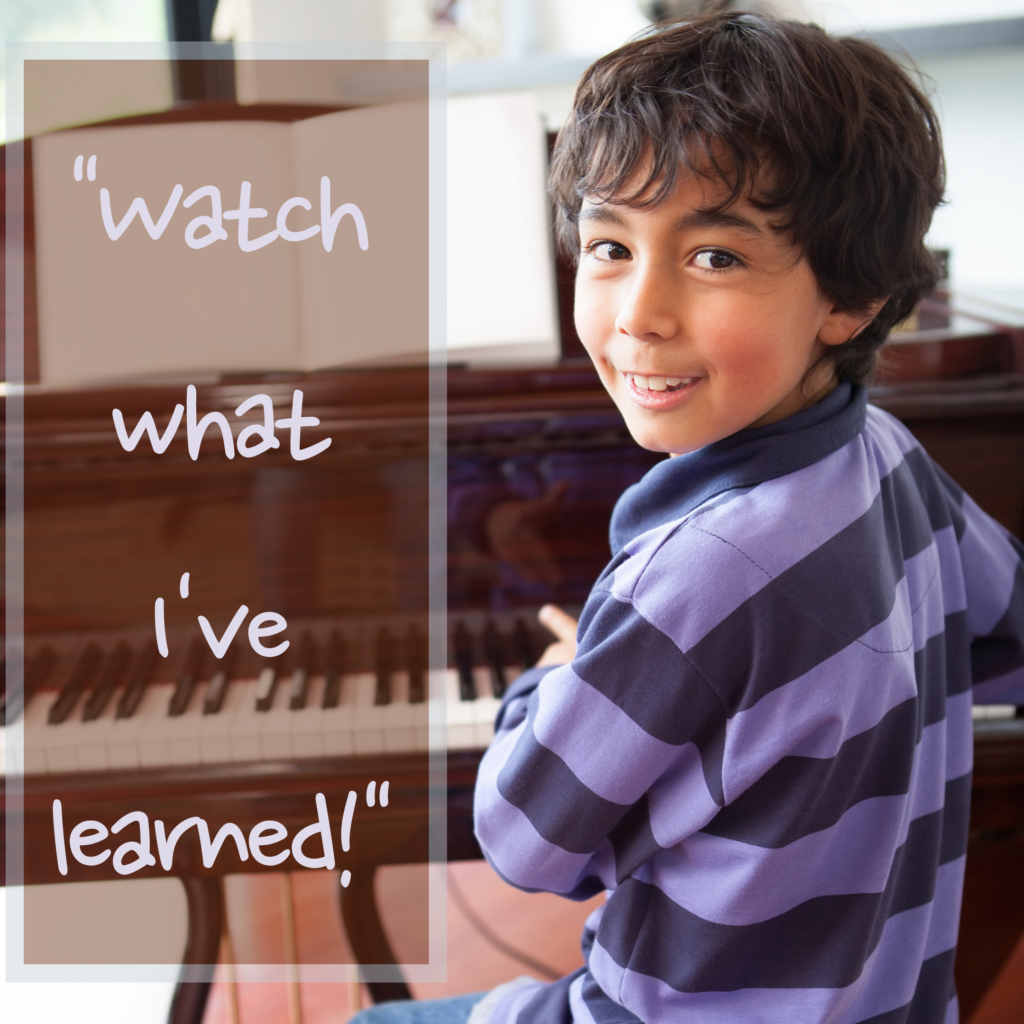
Help build your child’s confidence.
Being prepared will give him confidence during his lesson. Teachers know if a student has practiced just by the way he approaches the instrument. Help him build that confidence.
4. Ten minutes before the lesson, make sure that he is not sleepy, thristy, hungry, needing to visit the boys’ room, etc. One family that I teach takes 10 minutes to hang out quietly before I arrive. The mom stops all activities, even homework, and sits the child at the breakfast nook, and they talk. Another family has the child sit at the instrument and warm up on his own. He’s already in a learning zone when I show up.
5. Finally, confide in the teacher any apprehensions that your child may have: spelling bees, mathematics tests, school performances, family related stresses. Of course, it really isn’t the teacher’s business, but it does help the teacher understand what’s going on. She may choose to go easy that day to avoid frustration. Teachers know that children are whole persons, not little, music playing robots.
I hope that this article clears a few things up. Nobody likes being upset and annoyed with work that they have to do. It’d be better if we could all read minds, but, alas, we’re just flawed humans.
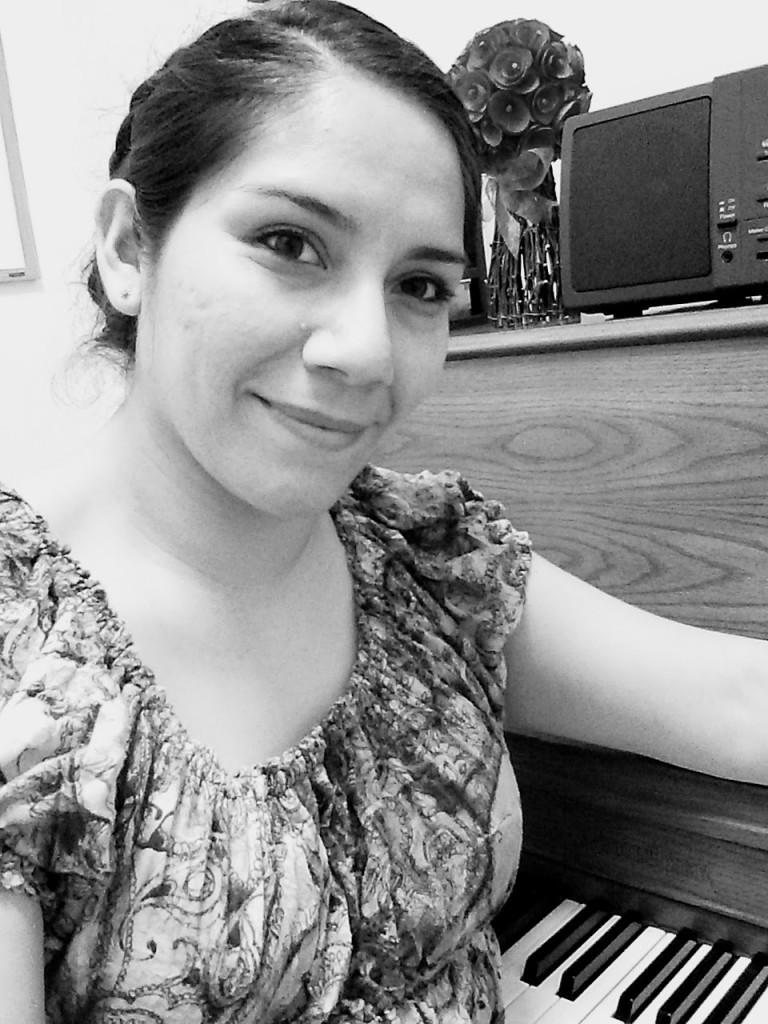
Mrs Marie Sleppy,
Director of At Home Music.


